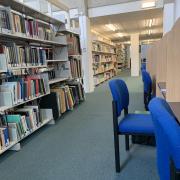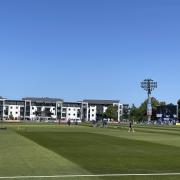
The impacts of the recent coronavirus pandemic have been widespread and detrimental to the infrastructure of the UK.
The education system has also been hit, particularly affecting Year 11 students who had been preparing for GCSEs, as well as Year 13 who would have sat their A level exams and transitioned to universities over the summer.
There has been a massive amount of difficulty in providing systems that will decide the grades for each GCSE subject, and this has come down to numerous factors and variables such has non-assessment work as well as assessed work. As for the education of year 11s, the school closure has not greatly affected the courses as many schools had either finished all courses or were incredibly close to the end. Unfortunately, this new and temporary grading system will undoubtedly have its faults and not reflect every single student’s capability, but an appeal process will be available once grades have been issued in August, and autumn exams will be available for those who are unsatisfied with their appeal outcomes. The situation for Year 13 students however is much more uncertain, and each university will have different admission processes.
This situation also affects other students such as those in Year 10. Facing arguably the most content-dense phase in their GCSE course, the school closures mean that the rate and quality of learning has been affected immensely and may lead to larger gaps in knowledge when the exams next summer arrive. Not only this, but the grade boundary system is destabilised with the only boundaries to standardise and to refer to being those from 2 years before the exams. This means that grade boundaries next year will take more processing time and will rely heavily on only that year’s performance, particularly with the likely gaps in knowledge that may result in lower performance nationally.
Despite all the problems that exam boards and students equally are facing, the transition from the classroom environment to a completely virtual environment has been swift and recognised by many. The focus for now is to sustain and maintain other infrastructural services such as healthcare in such dire times, and issues with education will be resolved in its time.
By Derin Burke.



























